Ian Hislop's Olden Days: have I got historical myths for you
How myths, legends and memories have been used to reshape the past, present and future
A free daily email with the biggest news stories of the day – and the best features from TheWeek.com
You are now subscribed
Your newsletter sign-up was successful
MY SISTER, her curiosity piqued by a primary school lesson on prehistoric life, once asked my grandma what it was like to use a bow and arrow.
It’s a question that neatly illustrates the premise of Ian Hislop’s new BBC2 series on the tricks and treats of history. “Mention the Olden Days to any child and they’ll know exactly what you mean,” he says in the introduction. “It’s a precise historical period dating back from when their parents were children to about 10,000BC.”
Just as the boundaries of the period may be flexible, so are many of the stories it contains. The Olden Days are not a place one goes for facts, but for a misty-eyed retelling of an idealised past.
The Week
Escape your echo chamber. Get the facts behind the news, plus analysis from multiple perspectives.

Sign up for The Week's Free Newsletters
From our morning news briefing to a weekly Good News Newsletter, get the best of The Week delivered directly to your inbox.
From our morning news briefing to a weekly Good News Newsletter, get the best of The Week delivered directly to your inbox.
And Hislop’s contention is that many of these retellings are less than innocent. Myths, legends and memories are reformed according to the needs of each age, and deployed to reshape the present and the future.
The first episode told the interlinked tales of two great Olden Days kings, Arthur and Alfred. King Arthur probably never even existed, and yet he and his knights loom larger than many real-life monarchs.
The legend originated with a monk who claimed his tales of Arthur, committed to manuscript in 1136, were based on an ancient text – but no trace of the supposed source material was ever found. The date is significant, Hislop suggests: with English society divided in the traumatic aftermath of the Norman conquest, both sides could find comfort in King Arthur.
The Normans enjoyed hearing of an old Celtic king who battled with troublesome Saxon invaders, while the Saxons, looking at the same story, saw a local hero fighting against foreign tyranny. Each side saw its own plight reflected in the legend, and each used it to justify its own struggle.
A free daily email with the biggest news stories of the day – and the best features from TheWeek.com
Four centuries later, the young Tudor dynasty turned to Arthur to erase the memory of its humble Welsh origins. Henry VIII commissioned his own round table and placed at its centre, alongside the names of the Arthurian knights, the Tudor rose and a portrait of Arthur that looked remarkably like Henry himself. The message was clear: Henry was no upstart, but a true heir to the most English of ancient kings.
The source material is unbeatable, but the programme is at its best when Hislop moves beyond a simple retelling and develops an argument about what we can learn about ourselves from the way we engage with the past. His case looks set to strengthen in episode two, in which he contends, counter-intuitively, that modern Britain is a product of the Victorians’ obsession with the Middle Ages.
Ian Hislop’s Olden Days continues on Wednesdays on BBC2 at 9pm.
Holden Frith is The Week’s digital director. He also makes regular appearances on “The Week Unwrapped”, speaking about subjects as diverse as vaccine development and bionic bomb-sniffing locusts. He joined The Week in 2013, spending five years editing the magazine’s website. Before that, he was deputy digital editor at The Sunday Times. He has also been TheTimes.co.uk’s technology editor and the launch editor of Wired magazine’s UK website. Holden has worked in journalism for nearly two decades, having started his professional career while completing an English literature degree at Cambridge University. He followed that with a master’s degree in journalism from Northwestern University in Chicago. A keen photographer, he also writes travel features whenever he gets the chance.
-
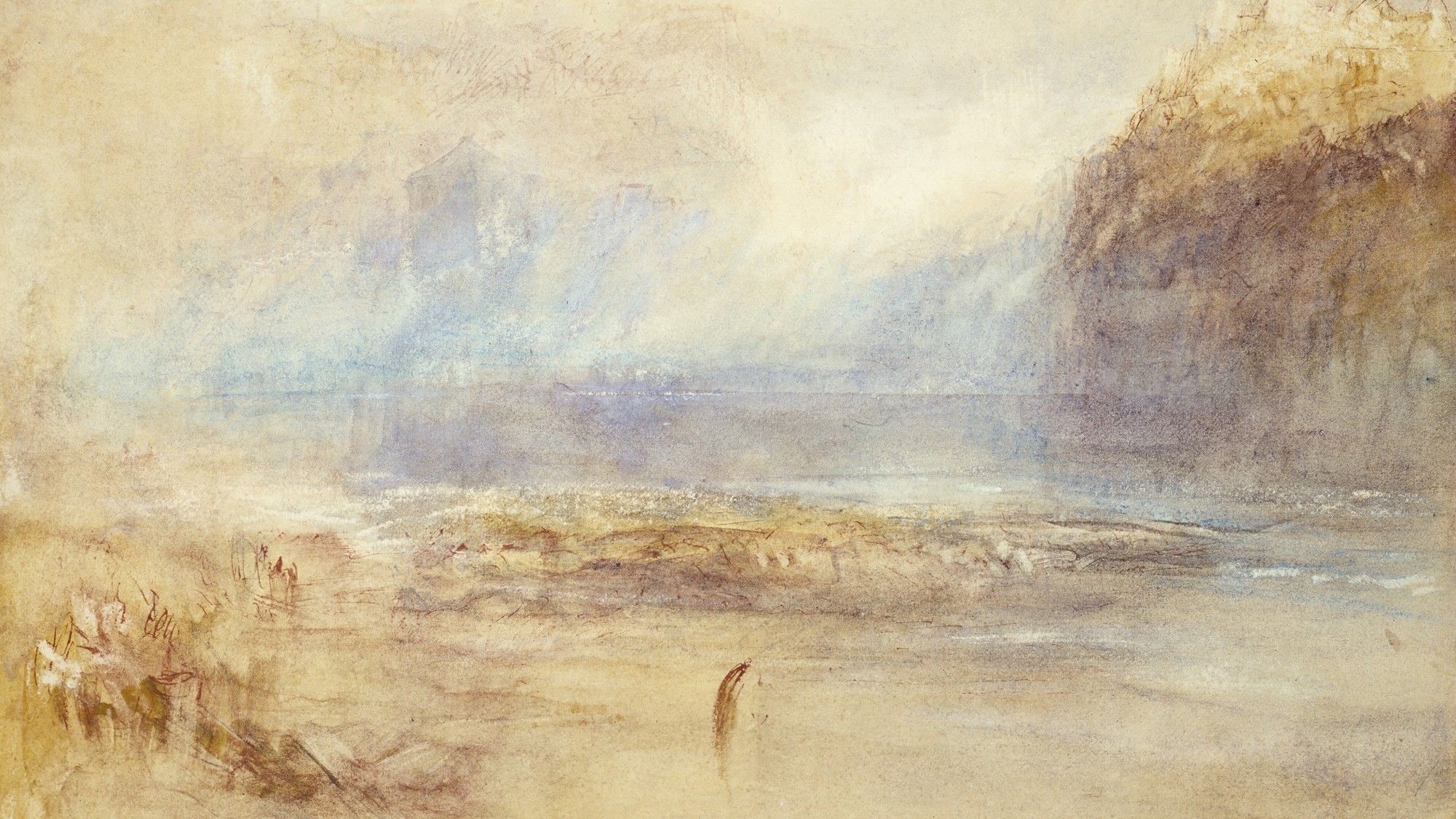 Turner: The Secret Sketchbooks – a fascinating portrait of the great painter
Turner: The Secret Sketchbooks – a fascinating portrait of the great painterThe Week Recommends BBC2 documentary examines the rarely seen sketchbooks of the enigmatic artist
-
 Dianarama examines the ‘extraordinary scale’ of Martin Bashir’s lies
Dianarama examines the ‘extraordinary scale’ of Martin Bashir’s liesThe Week Recommends Andy Webb’s book is packed with ‘astonishing’ allegations surrounding Princess Diana’s 1995 Panorama interview
-
 Eurovision faces its Waterloo over Israel boycotts
Eurovision faces its Waterloo over Israel boycottsTalking Point Five major broadcasters have threatened to pull out of next year’s contest over Israel’s participation
-
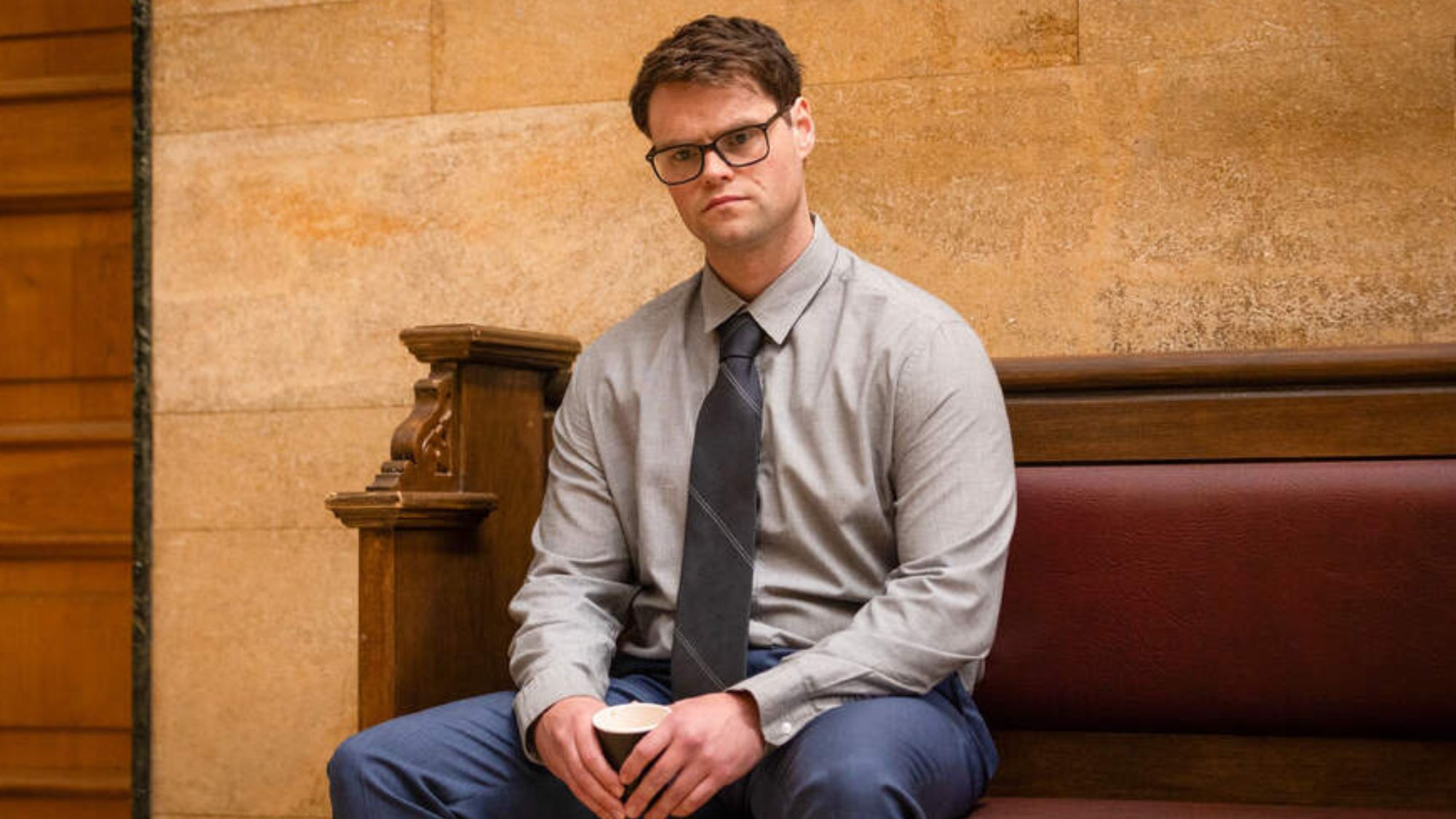 Unforgivable: harrowing drama about abuse and rehabilitation
Unforgivable: harrowing drama about abuse and rehabilitationThe Week Recommends 'Catastrophic impact' of abuse is explored in 'thought-provoking' series
-
 How to go on your own Race Across the World
How to go on your own Race Across the WorldThe Week Recommends The BBC hit show is inspiring fans to choose low-budget adventures
-
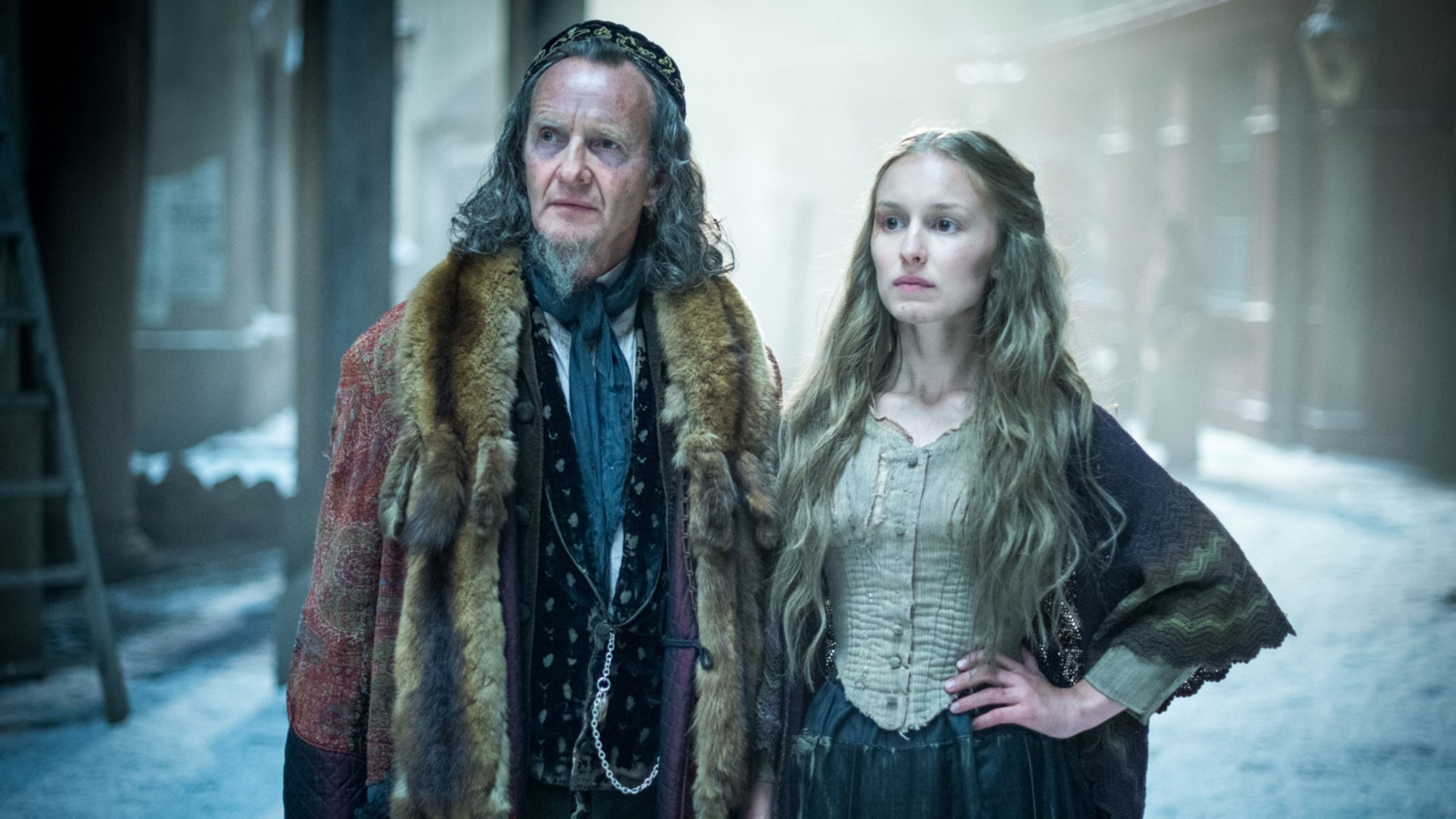 The top period dramas to stream now
The top period dramas to stream nowThe Week Recommends Heaving bosoms and billowing shirts are standard fare in these historical TV classics
-
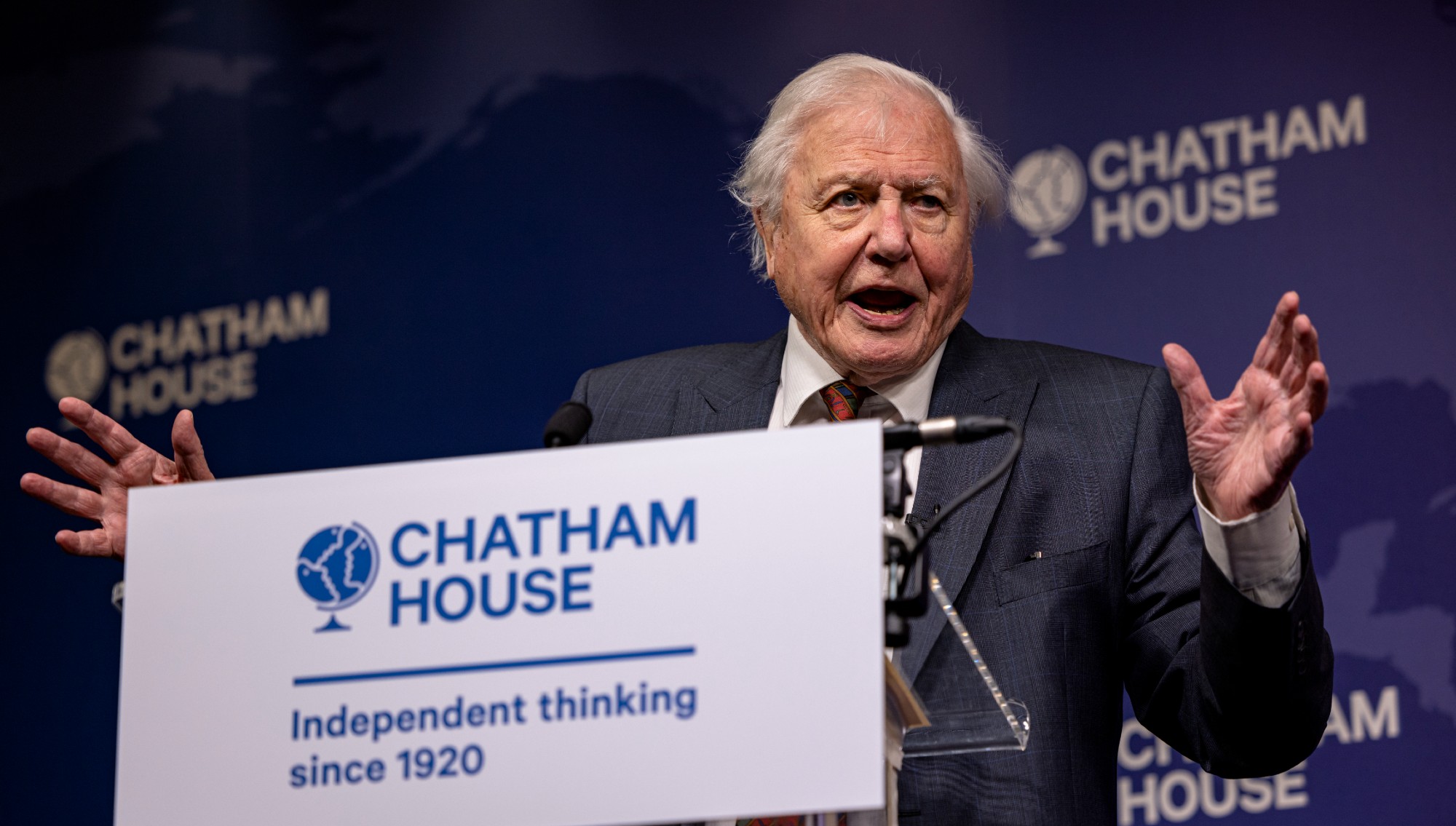 David Attenborough at 99: a 'radical' voice for climate action
David Attenborough at 99: a 'radical' voice for climate actionIn The Spotlight In his new film 'Ocean', TV's best-known naturalist delivers his strongest message yet
-
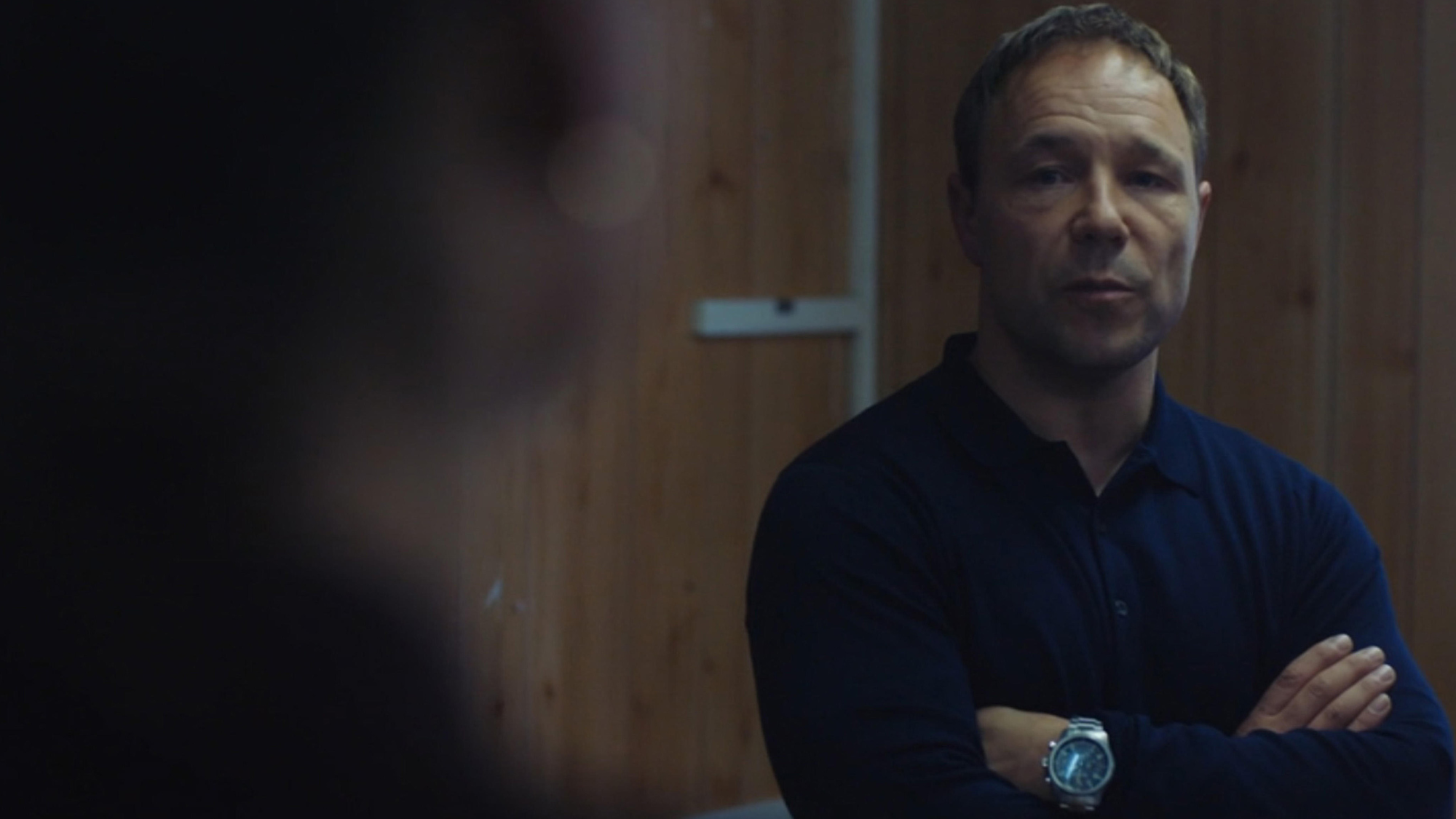 Stephen Graham's best TV and film roles
Stephen Graham's best TV and film rolesThe Week Recommends From Line of Duty to Adolescence, these are the prolific actor's must-watch projects


